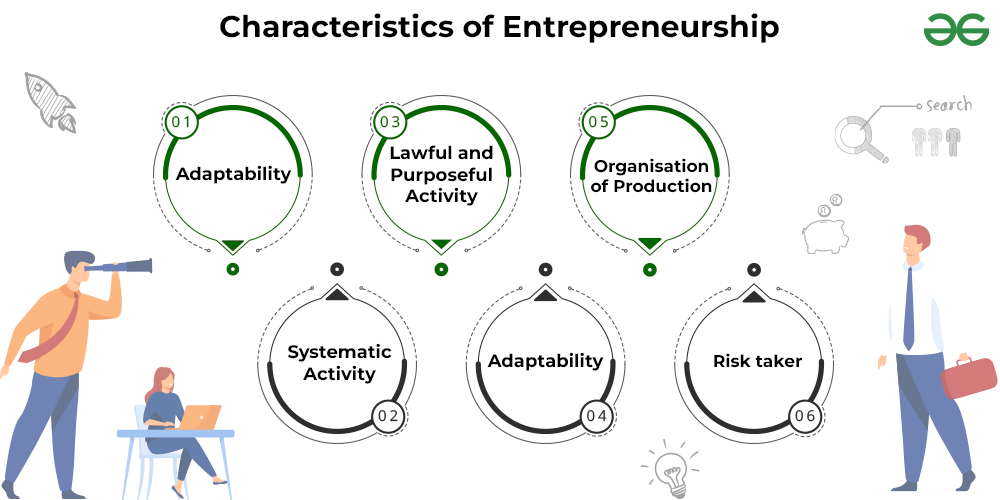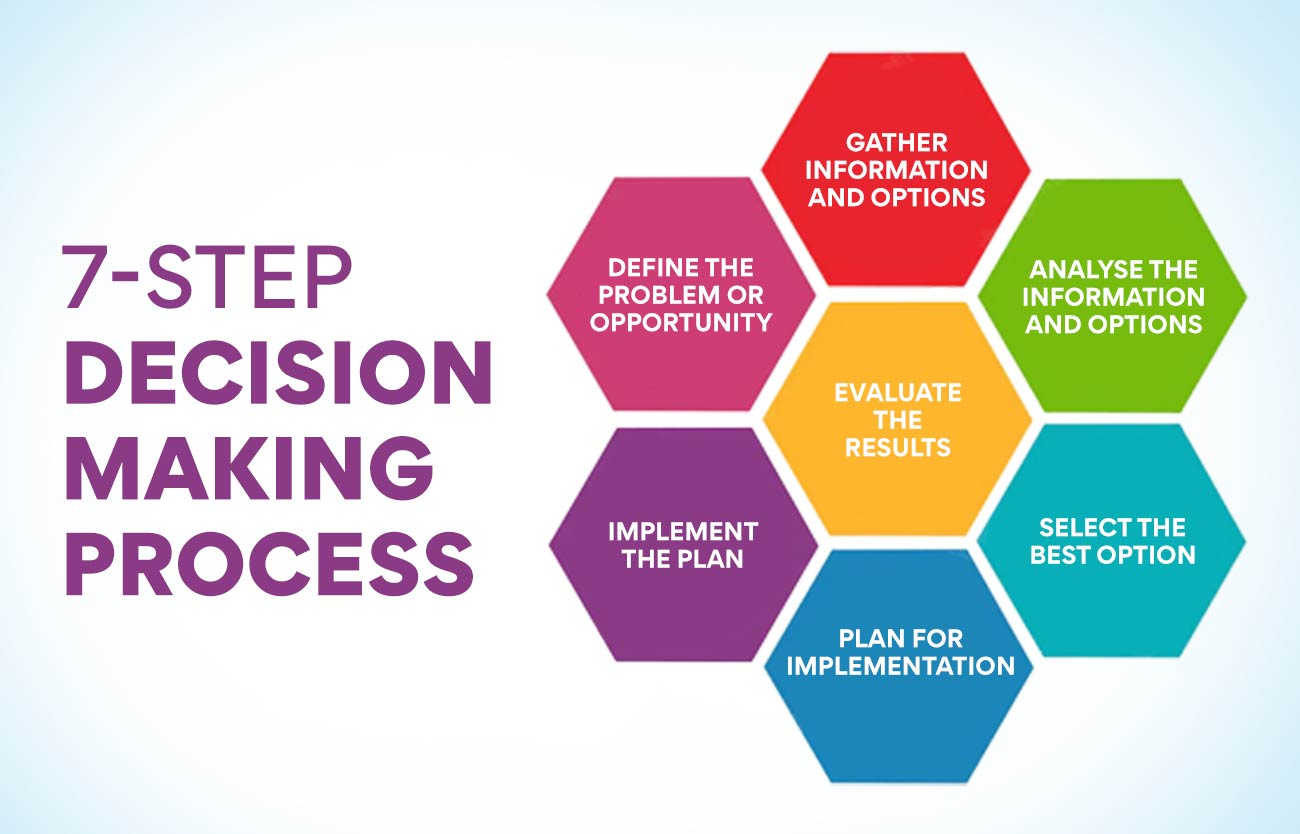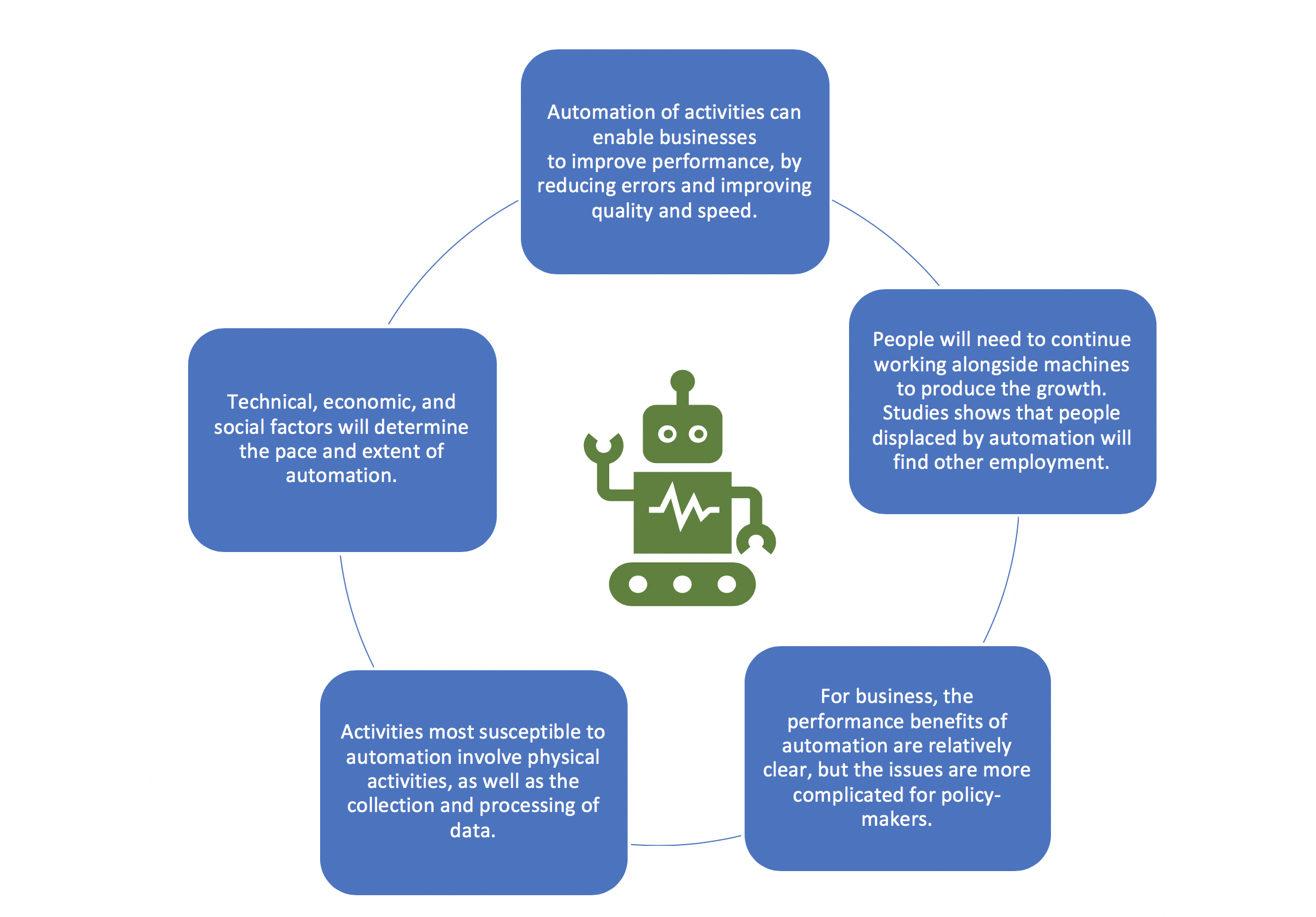Entrepreneurialism is radically reshaping the fabric of work culture in America, allowing individuals to forge their paths in a rapidly evolving economy. In Erik Baker’s thought-provoking book, “Make Your Own Job,” he examines how this dynamic phenomenon has transformed how people perceive employment and self-fulfillment. No longer confined to traditional nine-to-five roles, many Americans are embracing freelancing, managing their own businesses, or taking on side jobs to align their work with personal passions. This push towards entrepreneurialism reflects a broader shift within the American economy, steering individuals towards innovation and resilience despite job market uncertainties. As Baker illustrates, this newfound zeal for ownership and entrepreneurship is both liberating and, paradoxically, a source of significant stress in today’s work environment.
The concept of entrepreneurialism extends beyond mere business ownership; it encompasses a mindset that is redefining how people engage with their careers and contribute to society. Many individuals now view themselves as ‘solopreneurs’ or ‘intrapreneurs,’ navigating opportunities within and outside traditional employment structures. This broadening perspective resonates within the American landscape where work is increasingly characterized by flexibility and self-direction. Erik Baker’s exploration of this topic sheds light on the rise of independent work and the cultural implications of crafting one’s vocation amidst economic flux. As the ideals of self-motivation and innovation become paramount, understanding entrepreneurialism in this context is essential for those looking to thrive in a changing labor market.
The Rise of Entrepreneurialism in Modern Work Culture
In recent years, the concept of entrepreneurialism has permeated various facets of work culture across America. This paradigm shift is not confined to traditional business owners or startup founders; it encompasses a broad array of individuals, including freelancing professionals, gig economy workers, and even corporate employees acting as intrapreneurs. The rise of platforms that facilitate remote work and freelance opportunities empowers workers to ‘make their own job’, allowing them to embrace a more independent and self-determined approach to career development. As Erik Baker illustrates in his book, the modern American workplace increasingly rewards innovation and adaptability, compelling individuals to adopt an entrepreneurial mindset regardless of their role.
Furthermore, Baker’s exploration highlights the psychological impact of entrepreneurialism on the workforce. Many find themselves drawn to the narrative that their unique skills and ambitions could lead to personal fulfillment and collective impact in the workplace. This shift has arguably made work more meaningful and aligned with individual identity, yet it has also created an environment fraught with competition and pressure. The quest for success as an entrepreneur often leads to a relentless work cycle, challenging the work-life balance that many seek. As people navigate this new work culture, they are urged to redefine their relationship with traditional job security, embracing risk and uncertainty as intrinsic elements of their professional journey.
Freelancing: A Pathway to Personal Empowerment
Freelancing represents a significant manifestation of entrepreneurialism, offering individuals the tools and autonomy to carve out their professional paths. Unlike conventional employment, where job roles and responsibilities are predefined, freelancing allows professionals to tailor their services to meet market demands effectively. As Baker points out, the evolution of freelance work not only provides economic benefits but also serves as a radical form of self-realization for many workers. This entrepreneurial route fosters an environment where individuals can capitalize on their strengths and interests, ultimately creating fulfilling careers that reflect their passions.
Moreover, the rise of freelancing has been particularly transformative for demographics traditionally facing barriers in the job market, such as women over 40. By embracing freelancing, they have been able to circumvent age-related hiring discrimination, effectively utilizing their life experiences as selling points in entrepreneurial ventures. This shift in employment patterns contributes to the diversification of the workforce and challenges the status quo of work culture. The growing freelance community not only enhances the American economy but also reshapes the narrative around work, emphasizing flexibility, creativity, and personal empowerment in achieving professional success.
Entrepreneurialism: A Double-Edged Sword in Today’s Economy
As Baker recounts, the embrace of entrepreneurialism is not without its challenges. While the flexibility and independence that come with pursuing entrepreneurial avenues can lead to personal growth, they can also create anxiety and instability for individuals. The burden of continuous self-promotion and the fear of failure can overshadow the potential rewards, making it difficult for many to find peace within their career journeys. Additionally, the glorification of the entrepreneurial hustle perpetuates a work culture where many feel pressured to constantly innovate and compete, often at the expense of their mental health.
This tension between ambition and mental well-being has become a central theme in discussions surrounding the future of the American economy. As more people seek entrepreneurial pathways amid job uncertainties, Baker suggests that the prevailing narrative must shift to accommodate a broader understanding of success in work. Rather than merely equating entrepreneurialism with productivity and economic growth, there’s a pressing need to recognize the value of well-being and fulfillment in the workplace. Fostering a culture that balances ambition with compassion may be the key to sustaining the entrepreneurial spirit while ensuring that individuals do not lose themselves in the relentless pursuit of achievement.
Historical Roots of Entrepreneurialism and Freelancing
Understanding the historical context of entrepreneurialism is essential to grasping its present significance in work culture. Baker traces its roots back to the late 19th century when structural changes in the American economy shifted employment dynamics. The decline of industrial labor prompted many to seek alternative avenues for income, ultimately catalyzing the rise of freelancing and entrepreneurial endeavors. This shift laid the groundwork for a new work ethic—one centered around the idea of ‘making your own job’ and leveraging personal skills to create economic opportunities.
As America transitioned through various economic landscapes, the emergence of self-help literature further popularized the entrepreneurial ethos. Writers like Napoleon Hill inspired individuals to pursue entrepreneurial ventures as pathways to both wealth and self-discovery. This historical framework illustrates not only the evolution of work culture but also the enduring allure of entrepreneurship. By analyzing these shifts, Baker allows readers to comprehend how past events have shaped contemporary attitudes toward work, entrepreneurship, and the freelance economy, ultimately reflecting on the ongoing challenge citizens face in adapting to an ever-evolving employment landscape.
The Psychological Impact of an Entrepreneurial Work Environment
The psychological implications of an entrepreneurial work culture extend deeply into individual lives, weaving into self-identity and personal value. As Baker elucidates, the pervasive anxiety surrounding job security and constant self-evaluation can lead to escalating stress levels amid a culture that views relentless hustle as a virtue. This psychological pressure often creates a paradox wherein individuals aspire for freedom and independence, yet find themselves trapped by the very entrepreneurial mindset they adopt. Such dynamics highlight a critical aspect of modern work culture: the need for strategies that promote mental resilience and promote a healthy relationship with one’s career.
Moreover, the concept of teamwork and collaboration within this entrepreneurial framework can sometimes become complicated. While the idea is that every team member acts like an entrepreneur within their roles, the stark reality often involves navigating competing interests and individual goals that can fragment group cohesion. Understanding these psychological challenges is essential for fostering a supportive work environment where entrepreneurial traits can flourish without sacrificing individuals’ well-being. As discussions around work culture evolve, recognizing the emotional dimensions that come with entrepreneurialism can lead to more sustainable career paths for many pursuing their aspirations.
Navigating Job Security in an Era of Entrepreneurialism
The shift toward entrepreneurialism has engendered a complex relationship with job security in today’s American economy. Cybersecurity and the risk of job displacement due to technological advancements heighten concerns for many workers, fostering a prevailing sense of uncertainty. Baker’s insights reveal that freelancing and entrepreneurial ventures are increasingly viewed as viable alternatives to traditional employment. As individuals seek stability in a precarious job market, they often juggle multiple roles and projects, embodying the essence of an entrepreneur in their attempts to secure their future.
Nevertheless, this quest for job security can evoke conflicting feelings among workers—it instills a fleeting sense of freedom while simultaneously perpetuating anxiety about the sustainability of their endeavors. The pressures associated with this new entrepreneurial culture can be overwhelming, inviting ongoing reflections about the interplay between work culture, personal identity, and economic realities. Addressing these challenges may require reimagining traditional work structures to accommodate the diverse needs of a workforce that increasingly identifies as entrepreneurial, ultimately leading to a more inclusive and resilient economic landscape.
The Evolution of Work Ethics from Industrialism to Entrepreneurialism
Transitioning from the rigid work structures of industrialism to the fluid principles of entrepreneurialism requires a profound transformation in work ethics. Erik Baker’s exploration into America’s evolving relationship with work captures this pivotal moment in which individuals pivoted from a strict obedience to defined roles toward a focus on problem-solving and innovation. The rise of the entrepreneurial mindset has encouraged workers to leverage their unique talents, embracing a more personalized approach to career paths. This shift fosters a culture where individuals no longer simply adhere to instructions but actively seek to influence their environments and outcomes.
However, Baker warns that this newfound freedom comes with a price. As work ethics evolve, they can create unrealistic expectations regarding performance and success. The notion of constant hustle can lead to burnout, undermining the very creativity and initiative that entrepreneurialism seeks to cultivate. This evolution necessitates a rethinking of work ethics, promoting a balance between ambition and sustainability. By instilling a culture that celebrates both innovation and mental well-being, organizations can harness the benefits of entrepreneurialism while ensuring that employees remain healthy and fulfilled in their roles.
The Role of Technology in Facilitating Entrepreneurial Opportunities
Technology plays a critical role in driving the expansion of entrepreneurialism within the modern workforce. Advances in digital platforms and communication tools have paved the way for individuals to embark on freelance and independent ventures that were once limited to formal business contexts. As Baker points out, these technologies empower people to ‘make their own job’ by providing access to resources and networks that were previously inaccessible. Social media, online marketplaces, and collaborative tools have transformed the way entrepreneurs connect and operate, ultimately reshaping the fabric of work culture.
However, the rapid pace of technological change also presents significant challenges. The reliance on digital platforms can lead to an oversaturation of the market, increasing competition and driving down rates for services. Additionally, the often transient nature of tech-driven freelance work can result in uncertainty and financial instability for many. As entrepreneurialism continues to intertwine with technology, it becomes imperative for aspiring entrepreneurs to strategize their approach, balancing the opportunities presented by these innovations with a recognition of the vulnerabilities inherent in a fast-evolving landscape.
The Future of Work: Embracing Entrepreneurial Mindsets
As we look toward the future of work, the importance of fostering entrepreneurial mindsets among all workers becomes increasingly apparent. Erik Baker’s observations compel us to reconsider what it means to be successful in a world where traditional employment paradigms are constantly shifting. Embracing entrepreneurial principles can empower individuals to adapt to changing job markets, cultivate resilient career paths, and forge connections that transcend conventional boundaries. This evolution offers a promising outlook for future workers, as they can redefine career success on their own terms.
Moreover, this entrepreneurial spirit must be balanced with a commitment to collaboration and community-building in the workplace. Recognizing that the strength of any workforce lies in its diversity and collective creativity will be essential in combating the anxieties associated with competition and isolation that can come with entrepreneurship. By intertwining entrepreneurialism with inclusivity and shared values, we can create a robust and supportive work culture that celebrates innovation while nurturing individual fulfillment and well-being.
Frequently Asked Questions
What is the role of entrepreneurialism in the American economy today?
Entrepreneurialism plays a crucial role in the American economy by driving innovation, job creation, and economic growth. As entrepreneurs develop new products and services, they not only meet consumer needs but also create employment opportunities, contributing significantly to the overall economic landscape.
How can entrepreneurialism help individuals make their own job?
Entrepreneurialism empowers individuals to make their own job by encouraging them to leverage their skills and passions. By adopting an entrepreneurial mindset, people can identify market gaps and create solutions that align with their interests, thereby crafting their own career paths.
What are the impacts of freelancing on work culture and entrepreneurialism?
Freelancing has significantly transformed work culture by promoting flexibility, autonomy, and independence, which are key aspects of entrepreneurialism. As more individuals choose freelancing, they embrace the entrepreneurial spirit by pursuing diverse projects, managing their time, and building personal brands.
How did Erik Baker’s insights in ‘Make Your Own Job’ shape our understanding of entrepreneurialism?
Erik Baker’s insights in ‘Make Your Own Job’ illuminate how entrepreneurialism has shifted the American workforce’s mindset. He explores the historical context of entrepreneurialism and its evolution from necessity to a sought-after lifestyle, emphasizing the risk and ambition inherent in modern work culture.
What challenges do modern entrepreneurs face in today’s economy?
Modern entrepreneurs face multiple challenges in today’s economy, including competition from established companies, rapid technological changes, and economic uncertainties. The pressure to constantly innovate and the fear of failure can also create significant stress for those embracing entrepreneurialism.
How did the Great Depression influence the growth of entrepreneurialism in America?
The Great Depression catalyzed the growth of entrepreneurialism in America by motivating individuals to seek alternative means of income, such as freelancing. It prompted a societal shift where people began to create their own job opportunities, laying the groundwork for the modern entrepreneurial spirit.
What are ‘intrapreneurs’ and how do they relate to traditional entrepreneurialism?
‘Intrapreneurs’ are employees within established companies who act like entrepreneurs by taking initiative to innovate and drive projects forward. They exemplify entrepreneurialism by embodying creativity and leadership while leveraging the resources of their organizations.
How does entrepreneurialism contribute to societal change?
Entrepreneurialism contributes to societal change by fostering innovation that addresses community needs and social issues. Entrepreneurs often drive movements that prioritize sustainability and inclusivity, aligning their businesses with broader societal values, thus enhancing their impact.
What skills are essential for success in entrepreneurialism?
Essential skills for success in entrepreneurialism include creativity, adaptability, financial literacy, marketing acumen, and strong communication abilities. Entrepreneurs must also possess resilience and a willingness to learn from failures to navigate the complexities of running a business.
How does entrepreneurialism support the gig economy?
Entrepreneurialism supports the gig economy by allowing individuals to monetize their skills and services independently. As more people turn to gig work, they embrace the principles of entrepreneurialism, such as self-direction and innovation, thereby contributing to a dynamic labor market.
| Key Elements of Entrepreneurialism | Description |
|---|---|
| Definition | The evolving concept of entrepreneurialism emphasizes the need for individuals to apply their unique skills with relentless ambition rather than just hard work. |
| Historical Context | American entrepreneurialism has roots dating back to the industrialization period in the late 19th century, reflecting shifts in work and economic stability. |
| Shift in Work Ethos | The transition from a traditional work ethic to one that values personal initiative and self-promotion as a response to economic stresses. |
| Impact of Economic Changes | Economic downturns, like the Great Depression, led to new entrepreneurial opportunities and a focus on self-made jobs as viable career paths. |
| Cultural Reflections | The proliferation of self-help literature has shaped views on entrepreneurship, promoting the narrative that work should be a calling fueled by creativity and specialized knowledge. |
| Contemporary Views | Today, entrepreneurialism is viewed as a survival mechanism amidst job security concerns, often leading to anxiety about economic futures. |
Summary
Entrepreneurialism has transformed the landscape of modern work, morphing into a defining ethos in American culture. This shift emphasizes personal initiative, creativity, and the relentless pursuit of passion over the mere obligation of traditional employment. In an era where job security has become increasingly fragmented, many individuals are viewing themselves as entrepreneurs, responsible for their own career paths and economic realities. However, this quest for autonomy has come with its own set of challenges, including heightened stress and feelings of isolation, as the pressure to succeed in a competitive environment can feel overwhelming. Understanding this evolution is crucial for navigating today’s work environment, where entrepreneurialism shapes not just new ventures but also our approach to work itself.



